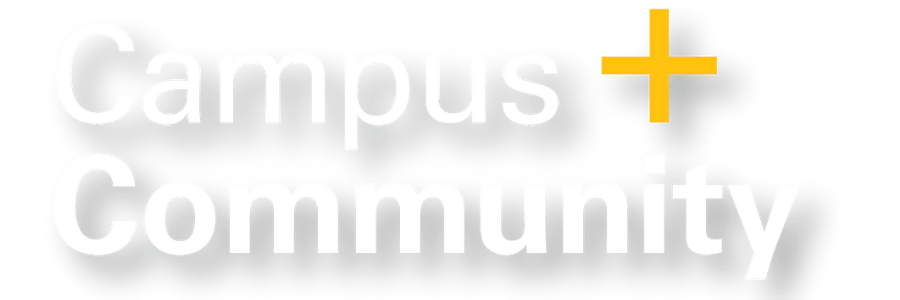By Claire Lawry and Rebecca London
The Institutional Review Board plays a central role on university campuses in overseeing and administering the ethical guidelines for research. Its focus is on traditional research methods that involve researchers as the knowledge holders and producers and community members and organizations as the subjects of research. The IRB is less equipped to oversee the ethics of community-engaged research, in which researchers partner with community organizations or members, to co-construct research projects and knowledge. Community-engaged research, and particularly participatory action research, involves community partners throughout the research process, and is more collaborative and non-linear than traditional biomedical approaches that consider community members as participants and faculty as researchers. This poses some challenges for the human subjects review process.

In this brief, we summarize six key areas that are incongruent between community-engaged research and IRB review: community definitions and input into research ethics; knowledge generation and dissemination in the research process; empowerment and well-being of community partners; community-facing research products; individual and community protections and well-being; and training for both IRB and community members on the community-engaged research process. We offer considerations for the IRB in supporting researchers and their engaged communities in each focus area and share how other research universities are approaching this issue.
Community-engaged research supports UCSC’s broader mission to conduct high-impact, empowering research that addresses social issues and public policy. This brief is the beginning of a conversation on our campus, at other UCs, and across the nation about how we can better align our institutions to empower those whose voices have been historically silenced in academia and instead include them as valuable change-makers through innovative knowledge production.
